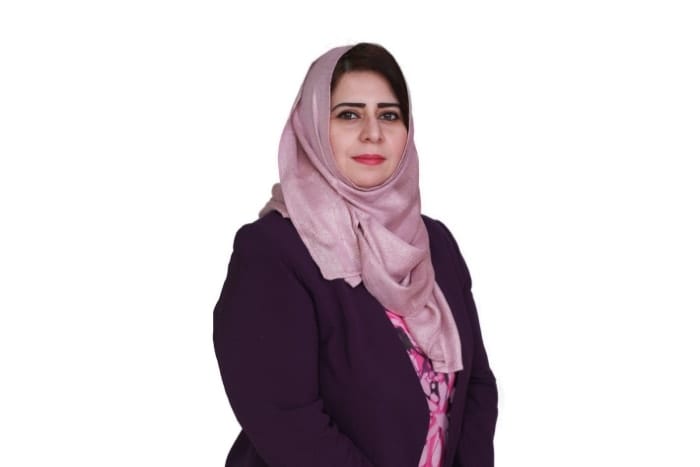Vitamin D deficiency is very common in the capital despite the amount of sun we get. Why is that? Dr. Samina Ahmed explains.
The combination of poor sunlight absorption, being indoors too much, skin type, inadequate diet and lack of exercise all contribute to poor absorption of vitamin D.
How can you prevent a Vitamin D Deficiency?
Lifestyle strategies that may support healthy vitamin D levels include eating foods rich in vitamin D, spending 15-20 minutes in natural sunlight daily, maintaining a healthy body weight, monitoring and treating medical conditions, especially applies to those that affect gut, liver, and kidney health, and talking to a doctor about any changes in health, particularly if there is a family history of osteoporosis or vitamin D deficiency.
What is the course of treatment?
Ideal vitamin D intake varies with different factors, such as age, activity level, and metabolic health. People should talk to a doctor about vitamin D intake goals. Three strategies for increasing vitamin D levels, include taking a vitamin D supplements, eating foods rich in vitamin D, and increasing exposure to natural sunlight.
If untreated, what can happen?
Vitamin D has many roles in the human body. Among the most important is aiding in the body’s absorption of calcium and phosphorus from the gastrointestinal tract, which helps to form and maintain strong bones. In addition, recent research has suggested that vitamin D may play a role in protecting the body from osteoporosis, high blood pressure, cancer and some autoimmune diseases.
If left untreated over time, vitamin D deficiency can lead to serious bone disorders. Severe and long-term vitamin D deficiency may result in rickets or osteomalacia. Both disorders are characterized by softening and weakening of the bones that can increase the likelihood of broken bones and lead to skeletal deformities.
How do you spot Vitamin D deficiency in yourself or your child?
In children and adults, symptoms of vitamin D deficiency include:
- Bone pain or tenderness
- Dental deformities
- Impaired growth
- Increased bone fractures
- Muscle cramps
- Short stature and skeletal deformities
- Getting sick or infected often
- Fatigue and tiredness
- Depression
- Impaired wound healing
- Hair loss
Words by Dr Samina Ahmed, Family Medicine Consultant, HealthPlus Family Clinics at Al Forsan Village and Al Bandar.
For more information, please visit www.hplus.ae/family.



